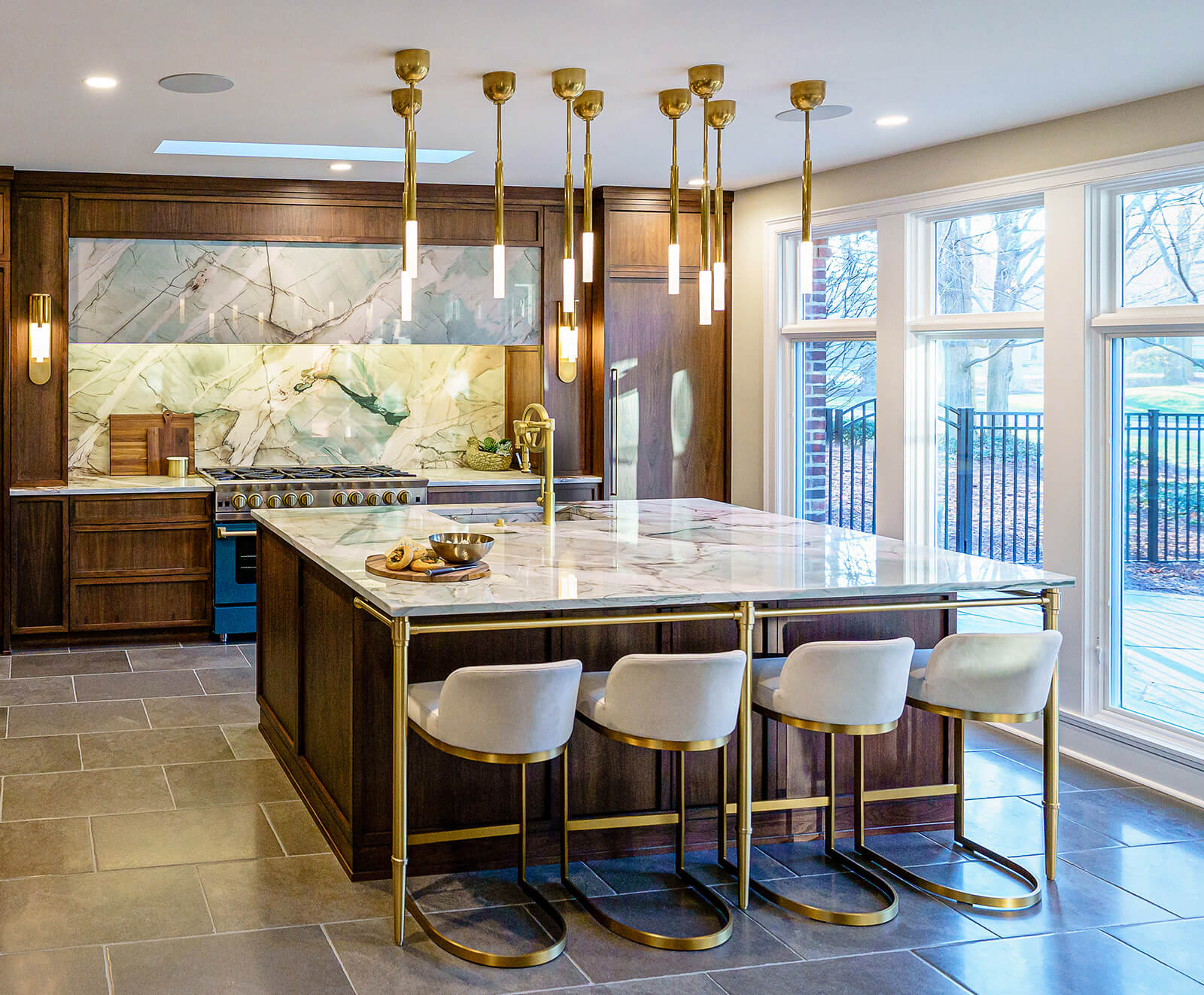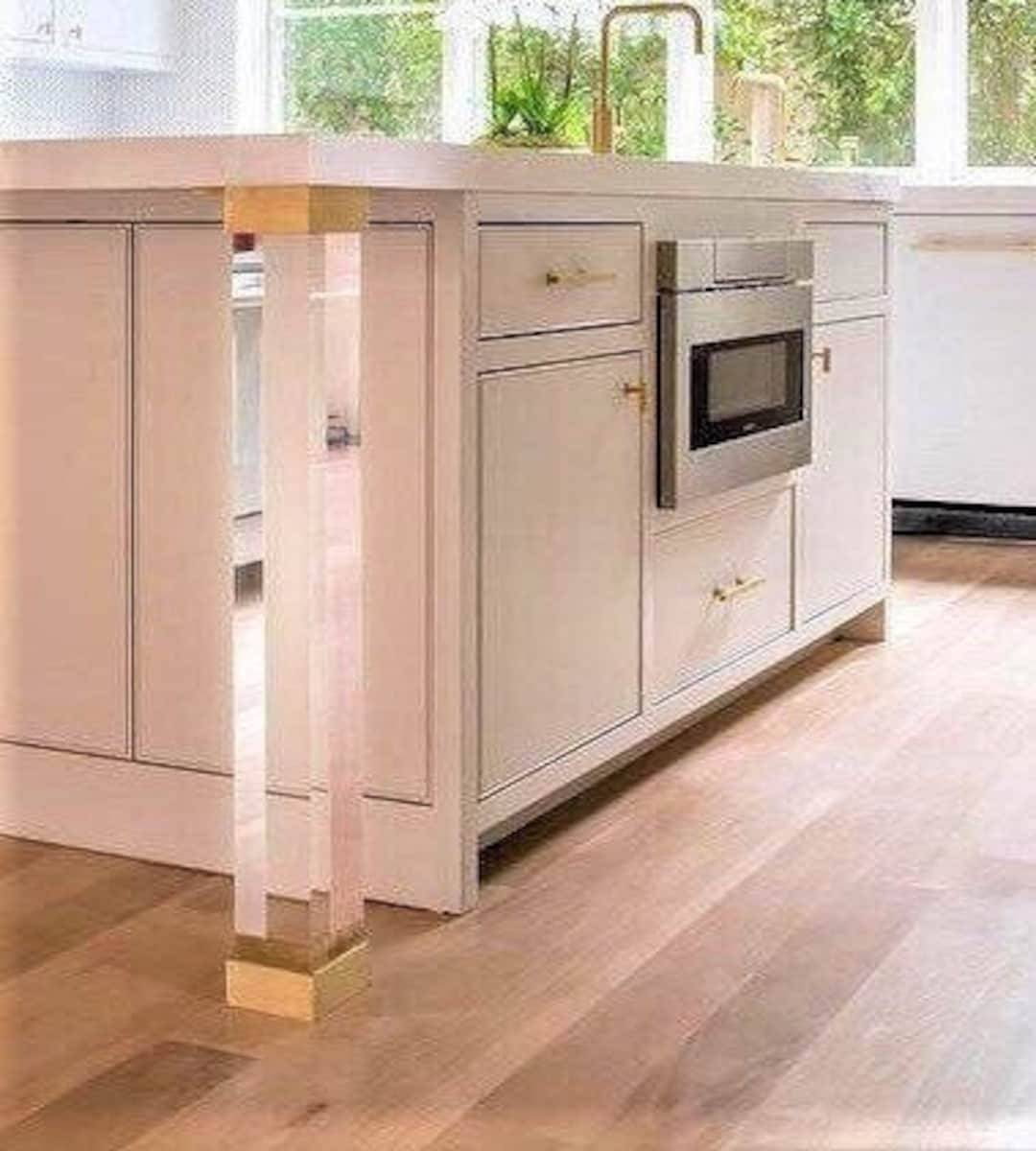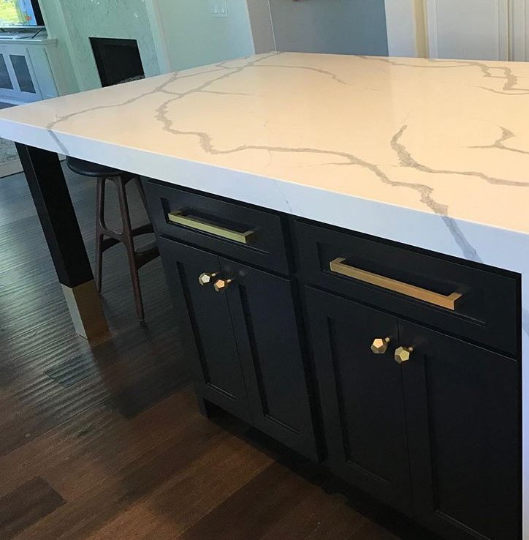Enhance Capability and Design Utilizing Quality Legs For Kitchen Island
Enhance Capability and Design Utilizing Quality Legs For Kitchen Island
Blog Article
Vital Factors to Think About When Selecting Legs For Kitchen Area Island
Selecting the ideal legs for a cooking area island includes a cautious analysis of numerous aspects that can considerably affect both capability and visual allure. As we check out these elements, it ends up being clear that each choice can have significant implications for the general kitchen area experience.
Material Options
When selecting legs for a kitchen area island, comprehending the various product options is necessary for accomplishing both aesthetic allure and architectural stability (Legs For Kitchen Island). The choice of product considerably influences not just the durability of the island but additionally its total layout and performance
Steel legs, often made from stainless steel or wrought iron, contribute a modern-day and commercial feel while making sure toughness and security. These products are immune to use and can sustain substantial weight, making them excellent for bigger islands.
One more alternative is engineered materials, like MDF or plywood, which can be more affordable while still providing a series of finishes. They might not provide the very same degree of stability as strong timber or metal. Legs For Kitchen Island. Lastly, products such as acrylic or glass can create a modern look, though they may require additional support to ensure security.
Ultimately, the option of product for kitchen island legs must align with the wanted functionality and the overall style of the kitchen.
Design And Style

When thinking about design, the form and finish of the legs are crucial. Conical legs can supply a feeling of lightness and elegance, while thicker, more durable legs can share toughness and security. Additionally, the surface-- be it repainted, discolored, or natural-- must enhance the cabinets and counter top products to create a unified appearance.
Additionally, the layout of the legs can likewise mirror individual taste. Customized or ornamental legs, such as those featuring intricate carvings or unique geometric forms, can serve as centerpieces, including character and individuality to the kitchen. Ultimately, the best choice will not just boost capability but also raise the aesthetic appeal, making the kitchen area island a standout function of the home.
Elevation Factors To Consider
Choosing the ideal elevation for kitchen area island legs is crucial, as it straight affects both capability and convenience. The basic elevation for a cooking area island generally ranges from 36 to 42 inches, lining up with common countertop elevations.

It is likewise important to make up customers' preferences and elevations. Customizing the elevation can ensure a comfortable experience for all member of the family, making the cooking area island an extra practical and pleasurable room.
Weight Support
Making certain sufficient weight support for kitchen area island legs is essential for both safety and capability. The kitchen island usually serves numerous objectives, including cooking, eating, and extra storage, demanding a durable assistance framework. When choosing legs, it is vital to think about the total weight ability called for see this page based upon the island's meant usage and the materials that will be placed on it.
The choice of material for the legs plays a significant role in their weight-bearing capabilities. Strong wood, metal, and heavy-duty composites typically supply remarkable toughness compared to lighter products. In addition, the layout of the legs-- whether they are directly, tapered, or have a pedestal form-- can influence their ability to disperse weight properly across the structure.
Furthermore, the leg positioning ought to be tactically planned to improve stability. Legs positioned at the edges or with a bigger base can better support much heavier tons. Constantly seek advice from the producer's requirements pertaining to tons limitations to make certain that the legs can sustain the designated weight without endangering security. In recap, choosing cooking area island legs with adequate weight support is important for creating a practical and secure cooking area.
Setup and Maintenance
Proper installment and upkeep of cooking area island legs are vital for guaranteeing longevity and security. To begin, it is important to adhere to the manufacturer's standards during installation. This often involves securing the legs to the space station utilizing ideal fasteners, making sure that the legs are degree and straightened. Making use of a degree device can aid avoid tottering and boost the overall aesthetic allure of the cooking area island.
When installed, routine maintenance is essential to maintain the honesty and look of the legs - Legs For Kitchen Island. For wood legs, periodic cleaning with a moist fabric and application of ideal timber polish can prevent dampness damages and maintain their coating. Steel legs may call for a mild cleaning option to remove grease and gunk, followed by a completely dry towel to avoid rust formation
Furthermore, evaluate the legs on a regular basis for indications of wear or damages, such as cracks or loosened joints. Tightening screws or wikipedia reference bolts as needed can additionally lengthen the lifespan of the legs. By sticking to these installment and upkeep practices, home owners can guarantee that their kitchen area island stays strong and visually appealing for several years to come.
Conclusion

Visual comprehensibility is extremely important in selecting the design and layout of legs for a cooking area island, as these components greatly influence the general atmosphere of the room. Tapered legs can give a sense of lightness and beauty, while thicker, much more robust legs can convey toughness and stability.Selecting the proper elevation for cooking area island legs is crucial, as it straight affects both capability and convenience. In recap, picking kitchen island legs with appropriate weight support is essential for producing a practical and safe culinary room.
In conclusion, picking legs for a kitchen island necessitates careful factor to consider of different factors, including product alternatives, design, elevation, weight assistance, and installment.
Report this page